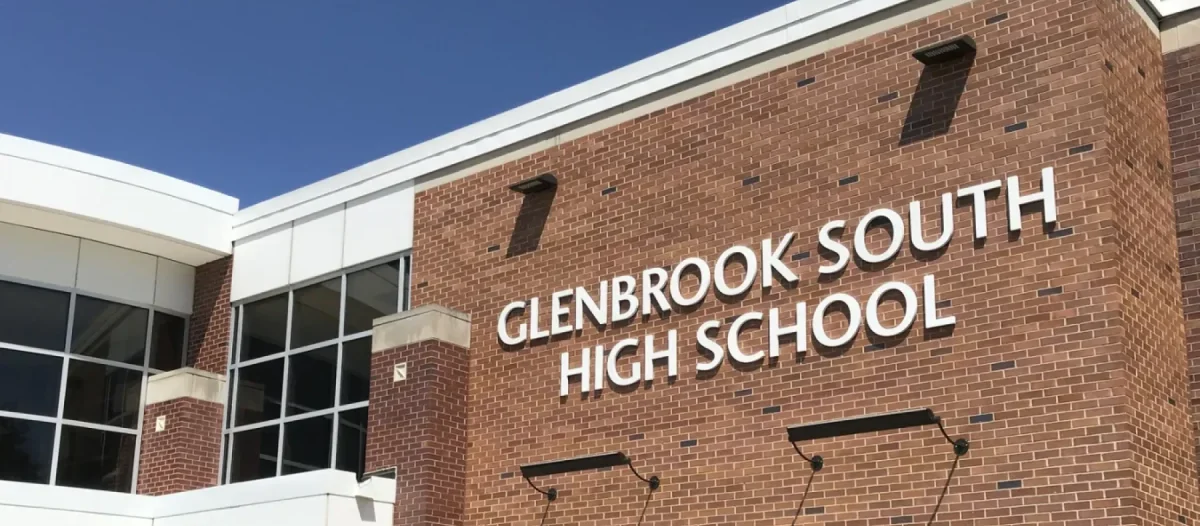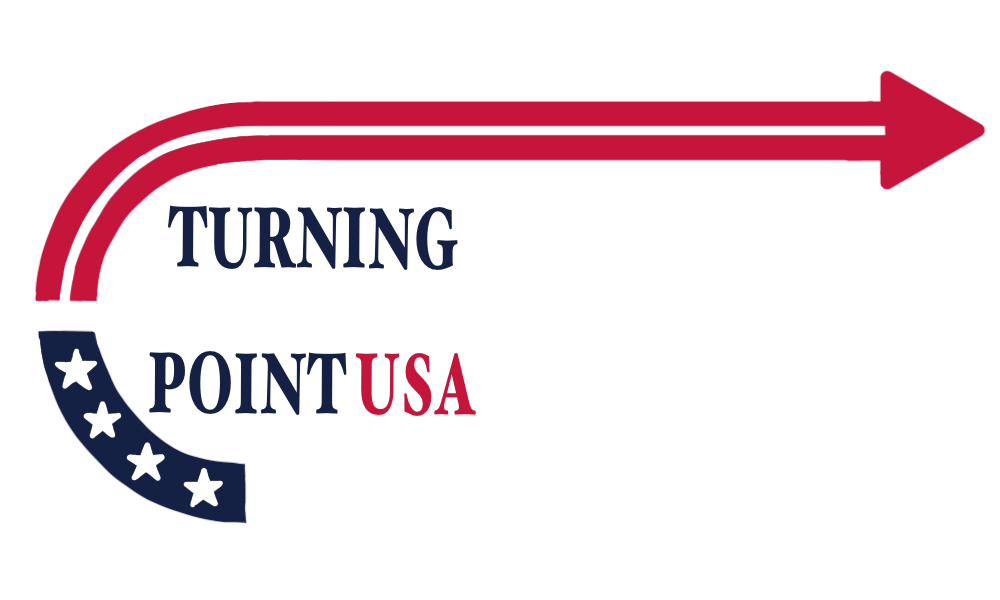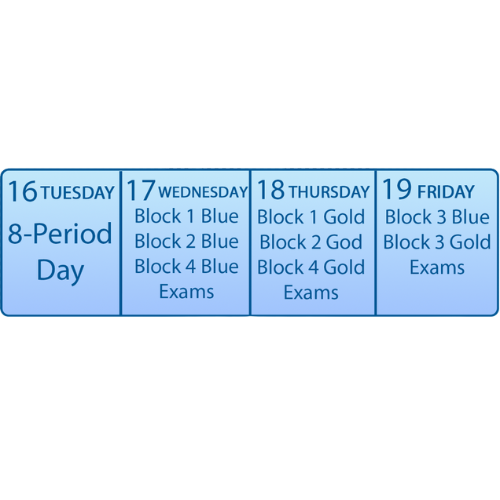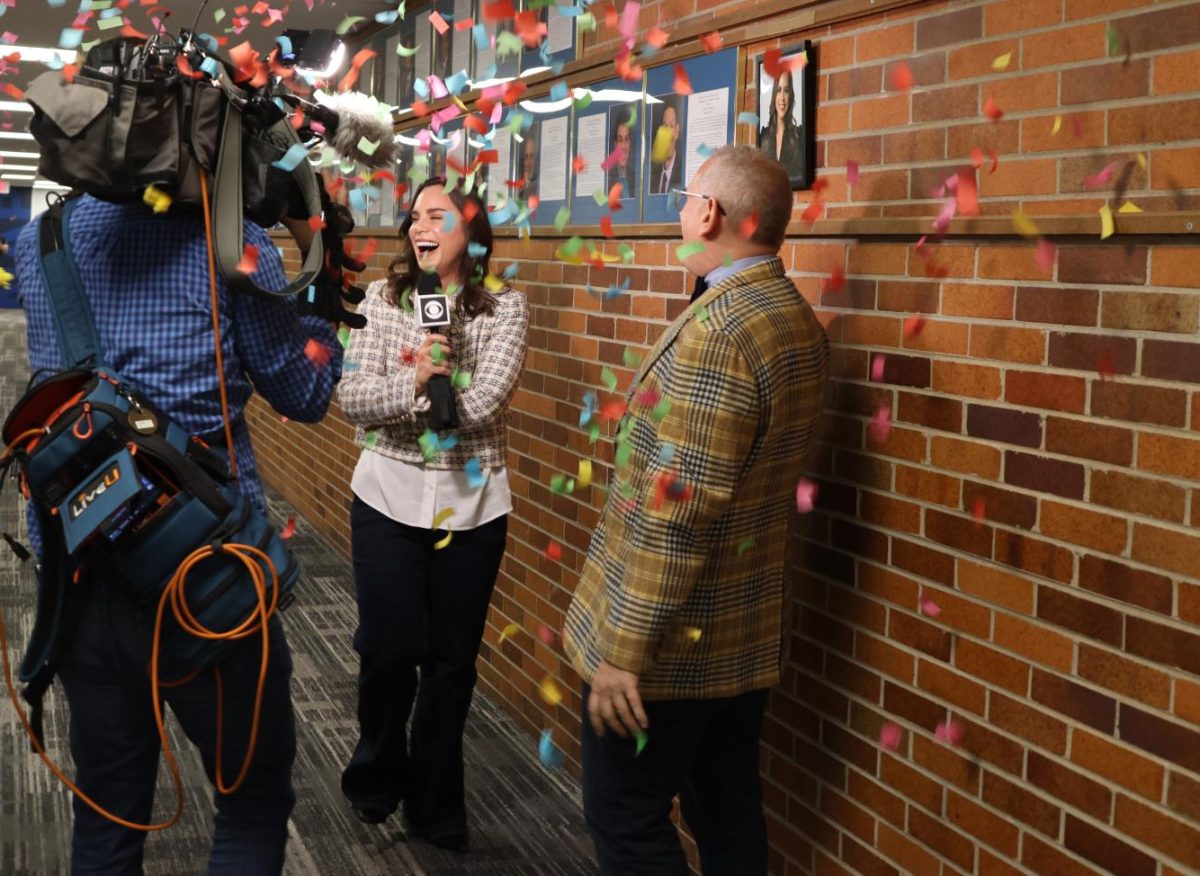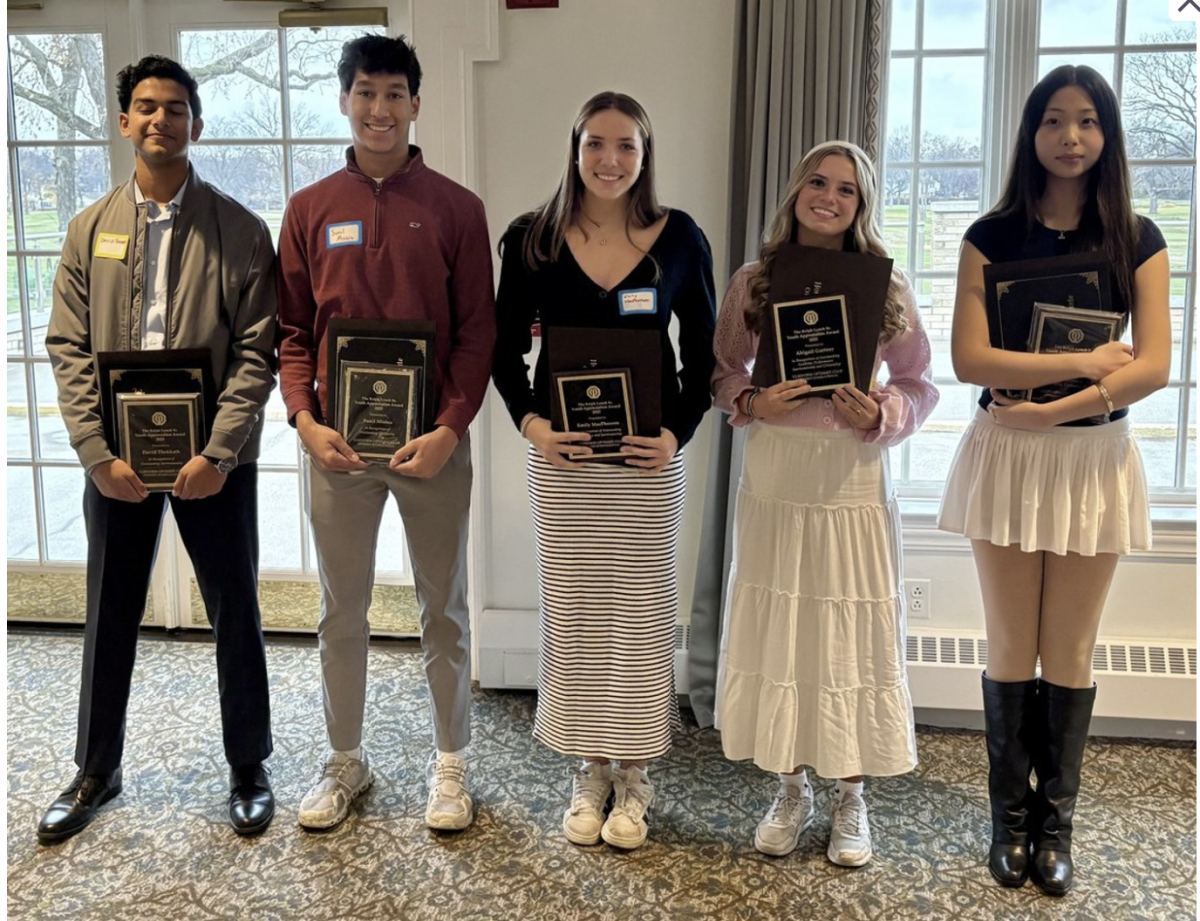Tara Tate, head debate coach, will retire from her 11 years’ leadership of the nationally-recognized South debate team at the end of the school year.
‘TARA TATE IS SOUTH DEBATE’
According to Jon Voss, assistant debate coach, Tate’s legacy for South’s debate program can best be summarized by her effects on the students she taught.
“I remember a student […] saying, ‘Tara Tate is Glenbrook South Debate,’” Voss said. “I thought if you had to put [her legacy] into one sentence, that was very close to accurate. She epitomizes what this program is about and personifies the team.”
Chris Callahan, senior and vice president of the debate team, felt that Tate has been the heart and soul of the team because she has cared about the success of the team and its individuals.
“[Tate] has taught me a certain level of integrity; if you are a part of an activity you take that activity seriously,” Callahan said. “You do everything you can for it, and you don’t ask anyone to do anything you are not willing to do yourself.”
‘I WANT TO MEET THIS COACH’
Matthew Whipple, former South debate coach, said he first heard of Tate while travelling to debate tournaments with students she had coached.
“I really came to know her through judging her students and saying, ‘Wow, these are very high- powered students—I want to meet this coach,’” Whipple said.
Before succeeding Whipple as South debate coach, Tate said she coached college debate at the University of North Texas and high school debate for Colleyville Heritage High School, where she was an assistant director. Tate debated throughout high school and college before beginning to teach. Whipple said he retired from coaching in 2003 with the knowledge that Tate would be hired to replace him as director.
“I wasn’t going to leave until we had a coach that I believed in, and she was it,” Whipple said.
‘SHE STEPPED EVERYTHING UP’
Since Tate became coach, she has continued to uphold the South debate program’s high reputation, according to Whipple.
“It’s a lot of pressure to step into a program that is already nationally known and respected, [with] high expectations, and I would say that her first legacy was to maintain the competitive excellence of the program,” Whipple said.
Susan Levine-Kelley, instructional supervisor of the English Department, said Tate’s administration of the nationally renowned Glenbrooks Speech and Debate tournament reflect her capabilities.
“She stepped everything up to make [the tournament] even better known, even more respected—every year it gets bigger and bigger,” Levine-Kelley said.
‘A GREAT ROLE MODEL IN LIFE’
As well as maintaining the program’s previous successes, Tate has increased its size and diversity, expanding the number of participants and opportunities as well as adding new types of debate, Whipple said. South started competing in Lincoln Douglas debate two years ago with the help of Tate and senior Marguerite Daus.
“Tate has shown me for the [last] two years, ‘This is how a [debate] squad is run, this is what you have to do,” Daus said. “She has served as a great role model in life as how you should act in a position of authority.”
Voss said that Tate inspired her students while balancing her many logistical responsibilities, such as coordinating the team’s travel and organizing tournaments.
“She did a great job of focusing on the kids and coaching them and teaching them, while also kind of managing the logistical end of things, which is honestly a separate job in and of itself,” Voss said.
Other debaters also witnessed her balancing act. According to senior Brent Mitchell, Tate not only managed to keep the team organized but also had the time to help her debaters grow and become more confident.
“There is so much [Tate] has to do and keep track of that happens behind the scenes that nobody really realizes,” Mitchell said. “So it’s tough to name everything that Tate does, but she has elevated the GBS debate society to a level that would have been impossible without her hard work and influence.”
‘WHAT SETS SOUTH APART’
According to Voss, Tate has grown the program so that more debaters now rank highly at the state and national levels in more types of debate.
However, Levine-Kelley said for Tate, the team’s success came secondary to widening students’ education of debate.
“Over and above the championships that her kids have brought to the Glenbrooks, she really believed in having students with a range of interest—she wasn’t just interested in the winners,” Levine-Kelley said. “Not all debate coaches […] are like that.”
According to Levine-Kelley, the team could perform consistently well because of the responsibility Tate instilled in students, like how experienced students help coach newer ones.
“I will miss that sense of service that she brings to the whole program and the sense of building leadership,” Levine-Kelley said.
Tate said she is more proud of that aspect of her students’ conduct than their accomplishments.
“Not only do we win, but the students do it with a sense of strong character, and that’s what I am most proud of,” Tate said. “And I think that sets South apart from a lot of our competitors in regards to ethical practices and to who we are as people in debate and how we handle our wins and losses.”


